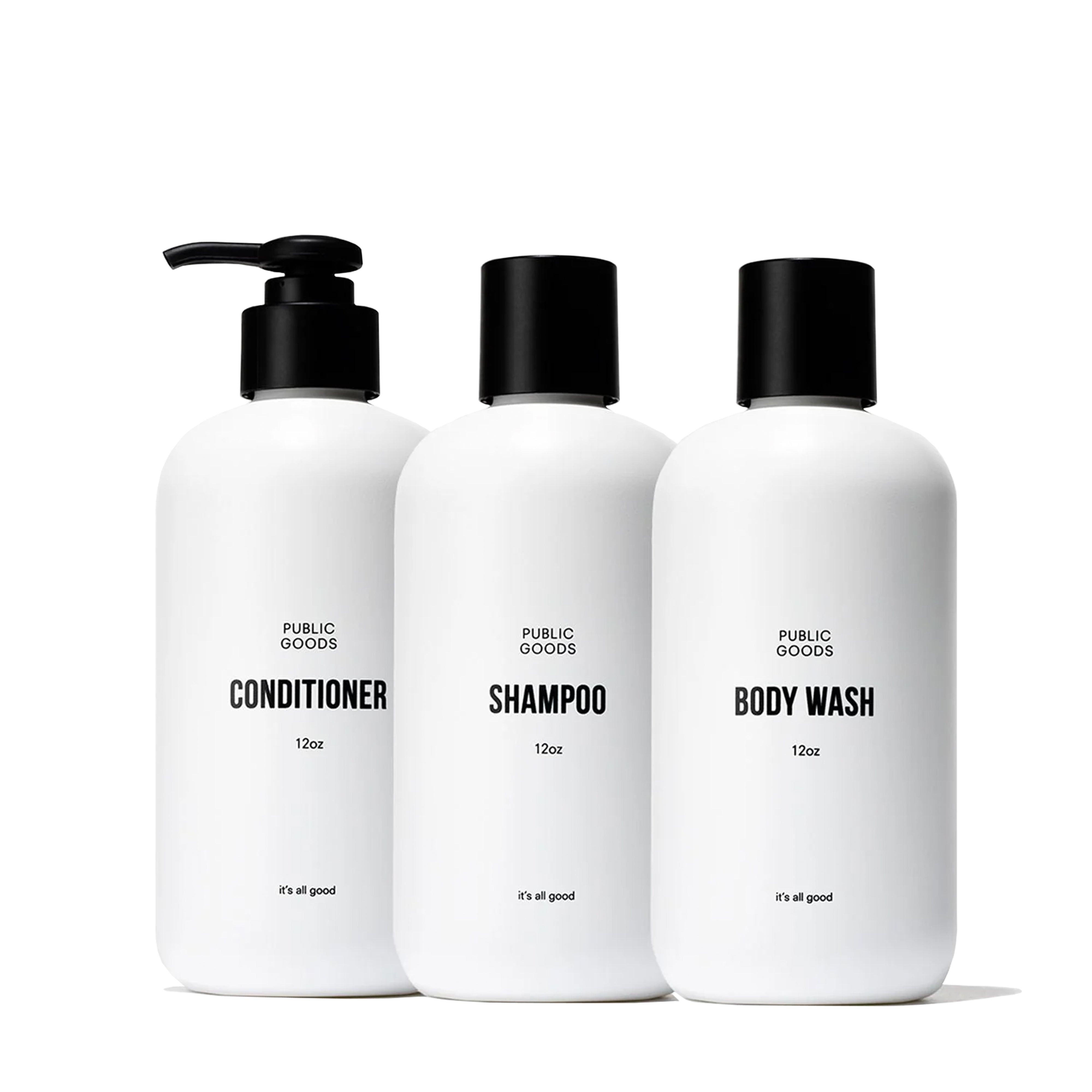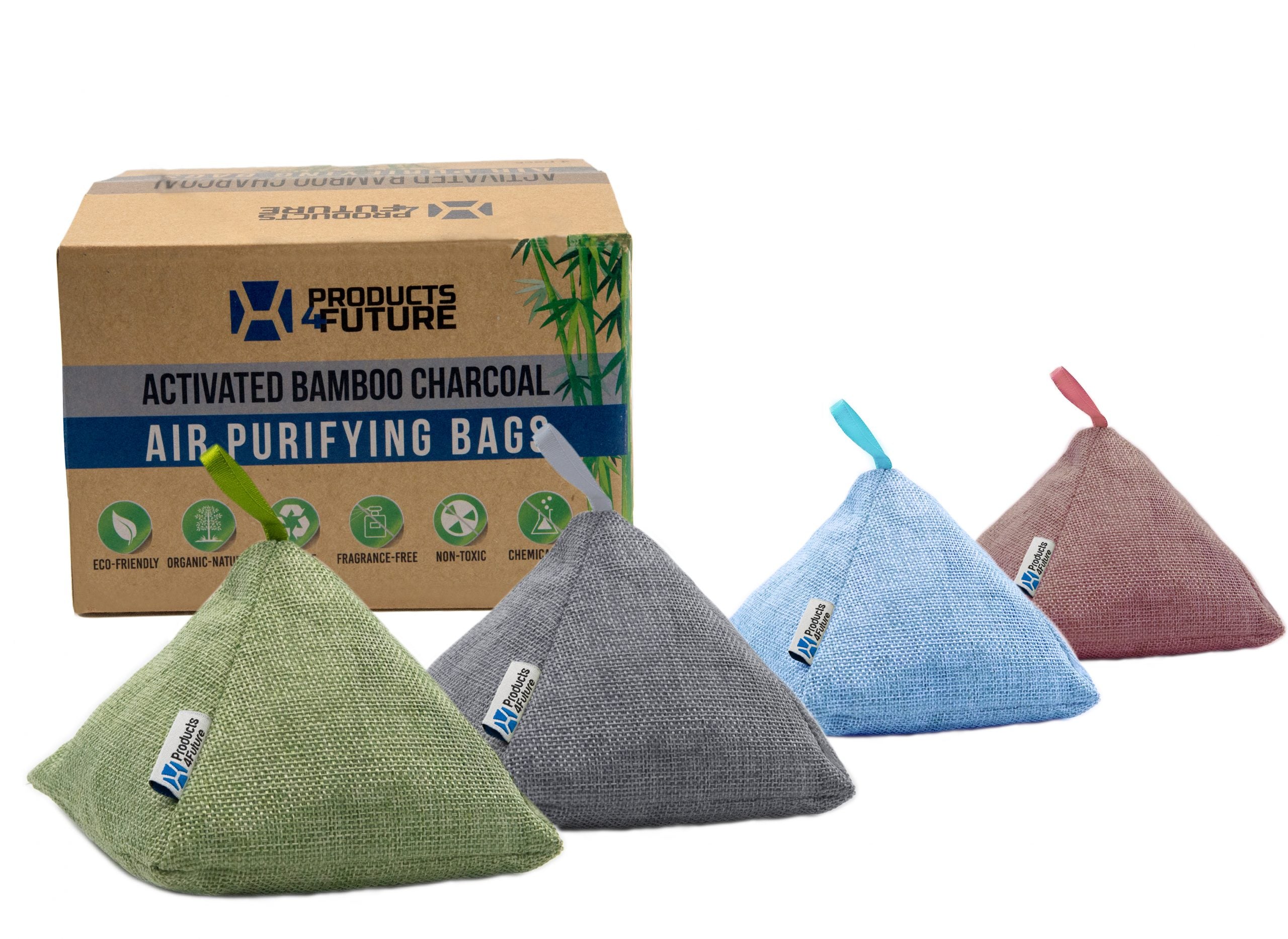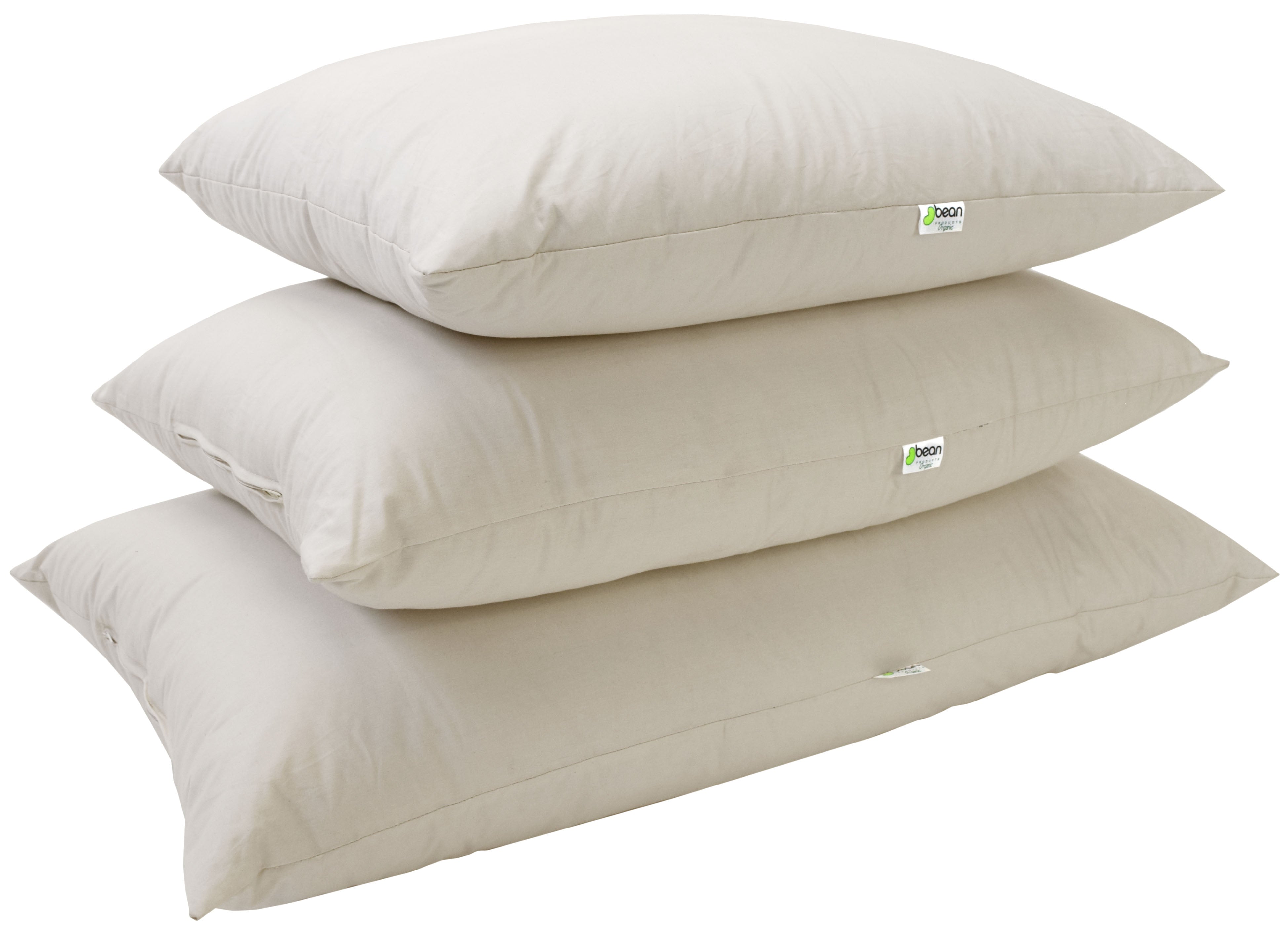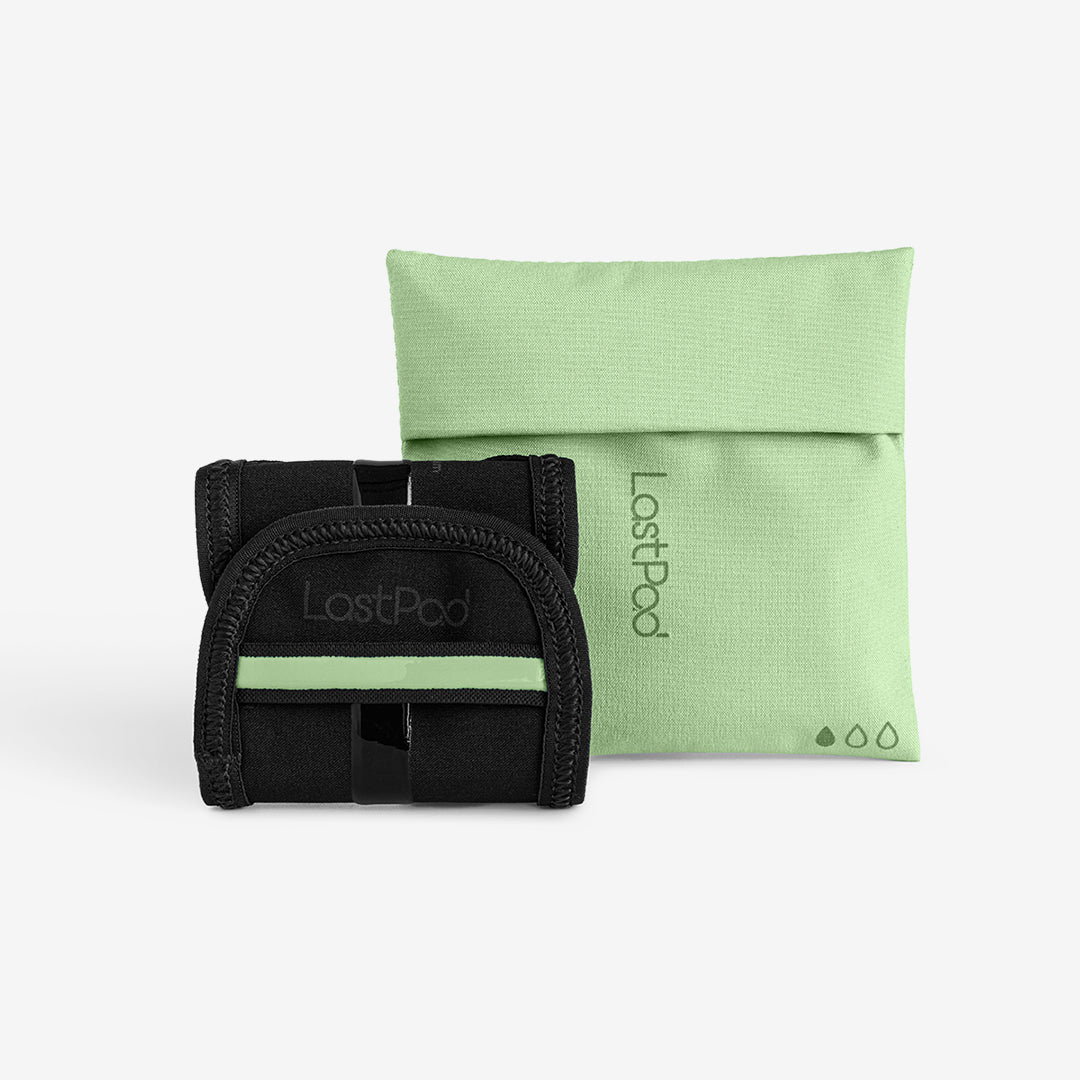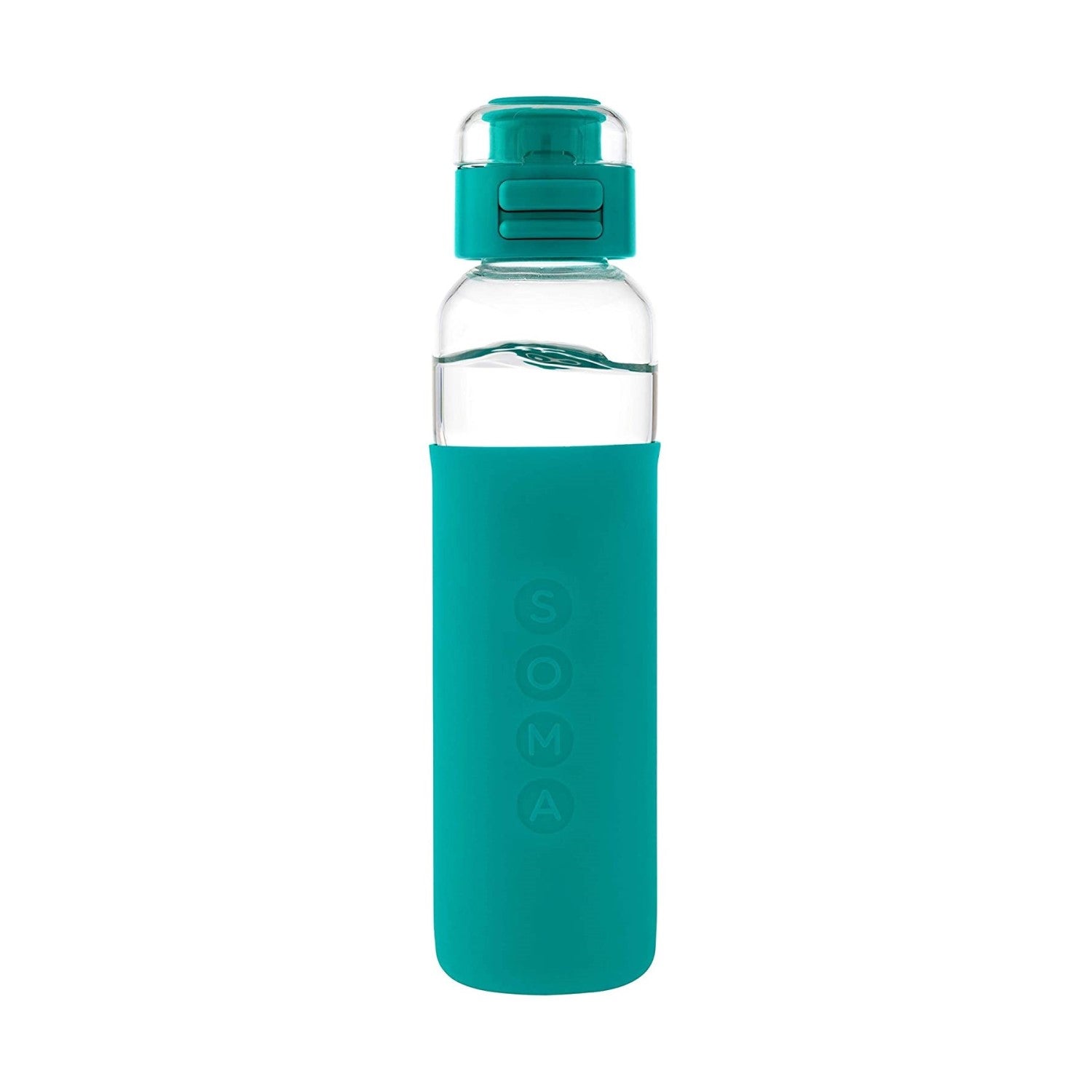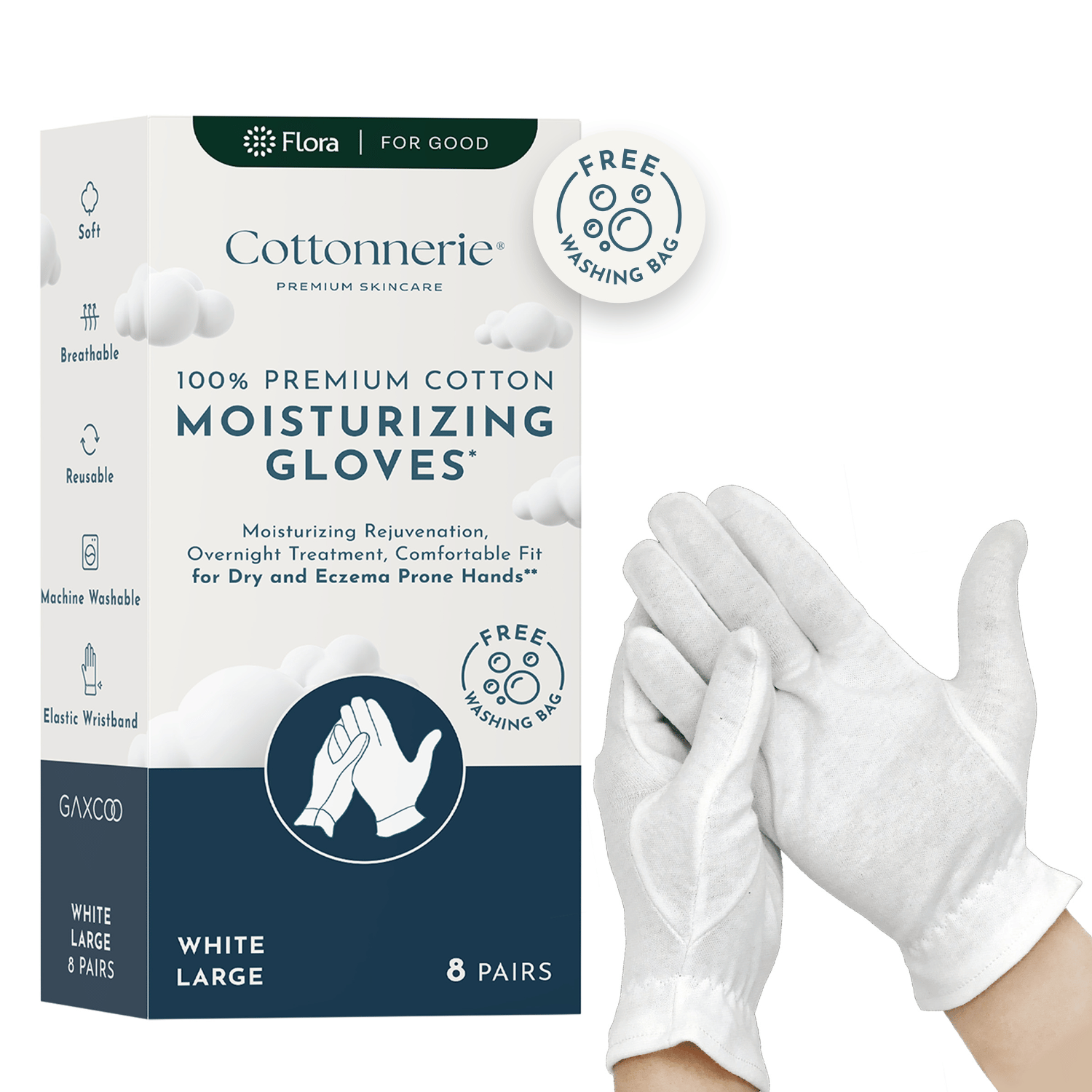

Every year, millions of tons of disposable kitchen products such as plastic utensils, paper plates, and single-use containers contribute significantly to global waste and environmental degradation. These items, often used for mere minutes, can take centuries to decompose, filling our landfills and polluting our oceans. The convenience of disposable products comes at a high cost, including increased greenhouse gas emissions and extensive resource consumption during manufacturing and disposal processes. The environmental impact is profound and far-reaching, affecting wildlife, natural landscapes, and the health of our planet.
Recognizing these issues, there is a growing movement towards sustainable living that encourages the adoption of reusable kitchen products. Switching to reusable alternatives not only mitigates the harsh environmental impact but also offers numerous benefits such as cost savings over time, reduced household waste, and decreased exposure to potentially harmful chemicals often found in disposables. By opting for items like cloth napkins, glass containers, and stainless steel flatware, each household has the power to make a significant positive impact on the environment. This shift not only supports the health of the planet but also aligns with a healthier, more mindful lifestyle.
The Environmental Cost of Disposable Kitchen Products
The environmental toll of disposable kitchen products is both severe and far-reaching. Billions of single-use items like plastic cutlery and paper towels, often made from non-renewable resources, generate substantial waste and consume vast amounts of energy from production to disposal, significantly contributing to global waste crises and climate change. These disposables rarely decompose and end up accumulating in landfills or polluting oceans, adversely affecting marine life and leading to microplastics entering the food chain. This stark environmental impact underscores the urgent need for a shift towards sustainable, reusable alternatives to protect our planet's health and ensure its future sustainability.
Economic Benefits of Choosing Reusable
Opting for reusable kitchen products not only offers considerable cost savings for households by reducing the need to frequently purchase single-use items, but it also benefits the broader economy. Investing in durable, reusable items like glass containers and stainless steel flatware decreases the demand for disposables, which in turn lowers public expenditure on waste management and supports sustainable industries. This shift not only saves money over time but also promotes economic sustainability and spurs innovation in eco-friendly product development, enhancing both personal and communal financial health.
Health and Safety Concerns with Disposable Products
The health and safety concerns associated with disposable kitchen products are often overlooked but are critically important. Many disposable items, such as plastic utensils and containers, are made from chemicals that can leach into food and drinks, especially under heat. Substances like BPA and phthalates, commonly found in plastics, have been linked to health issues including hormonal disruptions and increased cancer risk. Additionally, the production and breakdown of these products release toxins into the environment, further compromising public health. This makes the case for switching to safer, reusable alternatives not just an environmental imperative but a health priority as well.
Transitioning to a Reusable Kitchen
Transitioning to a reusable kitchen is a rewarding process that can significantly reduce your environmental footprint while promoting healthier living standards. Here's a straightforward approach to making this transition:
Assess and Audit: Start by assessing your current kitchen items. Identify disposable products you frequently use, such as plastic wrap, paper towels, and plastic utensils.
Research Reusable Options: For each disposable item, find a reusable alternative. Common swaps include replacing paper towels with washable cloths, using silicone lids instead of plastic wrap, and opting for glass or stainless steel food containers over plastic ones.
Phase Out Disposables Gradually: You don’t have to overhaul your kitchen in one go. As you run out of disposable items, replace them with their reusable counterparts. This gradual transition can be more manageable and cost-effective.
Invest in Quality: Choose high-quality reusable products that will withstand frequent use and washing. Quality items often have a longer lifespan, ultimately saving money and reducing waste.
Conclusion
Embracing a reusable kitchen is not just an eco-friendly choice; it's a step towards a more sustainable and health-conscious lifestyle. As you embark on this journey, remember that every small change contributes to a larger impact on our planet's health. For more insights and to explore a range of sustainable products that can transform your kitchen, visit our Kitchen Tools & Utensils category. Additionally, for ongoing tips, stories, and updates on living sustainably, don't forget to check out Flora Blog. Start making a difference today by integrating more reusable items into your daily routine and join a community committed to protecting our environment.Daily deals
See All ProductsBest Sellers
Most Popular
Explore and shop the most popular products. Updated frequently!

